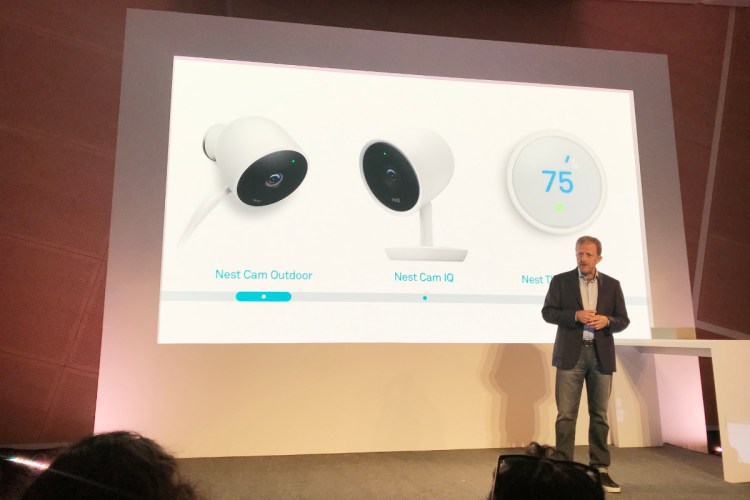testsetset
Smart home company Nest will join Google’s hardware team, CEO Marwan Farwaz announced today. The consolidation will allow Nest to bring more Google Cloud AI services and Google Assistant into its hardware. Nest was acquired by Google in January 2014 and now sits under Alphabet, parent company to both Google and Nest.
“The goal is to supercharge Nest’s mission: to create a more thoughtful home, one that takes care of the people inside it and the world around it,” Farwaz said in a blog post today.
Some Nest products, like Nest Cam IQ and Nest Cam IQ Outdoor cameras, already deploy Google’s computer vision.
The Google Assistant SDK has been made available in appliances, devices, and cars from many companies, but until recently could only use Google Home to do things like show Nest camera footage or change the temperature.
June 5th: The AI Audit in NYC
Join us next week in NYC to engage with top executive leaders, delving into strategies for auditing AI models to ensure fairness, optimal performance, and ethical compliance across diverse organizations. Secure your attendance for this exclusive invite-only event.
Google Assistant began to more seriously enter Nest products last fall when Nest debuted a lineup of new products for the home, including the Nest Secure home security system, Nest Cam IQ Outdoor camera, and Nest Hello doorbell with a camera inside. At that time, plans were announced to incorporate Google Assistant into the Nest Cam IQ Indoor, a first for a Nest product, and the company announced plans to allow Google Home smart speakers to set your Secure alarm or watch camera footage from a Nest Hello or Nest Cam IQ Outdoor camera.
As part of the move, Farwaz will report to Google hardware chief Rick Osterloh. The change comes as Google continues to increase its hardware product line, with popular items like Pixel smartphones, Pixelbooks, and Home smart speakers emerging from its hardware division.
Bringing Nest closer together with Google’s hardware team could assist Google in its fight against competitors like Amazon, Samsung, and Microsoft that also use smart home appliance integrations as a selling point for their AI assistants and smart speakers.


